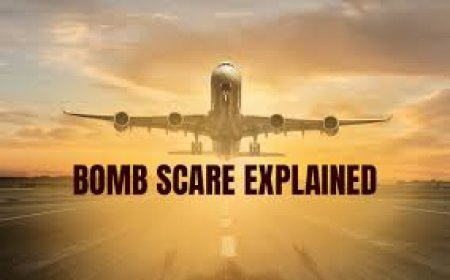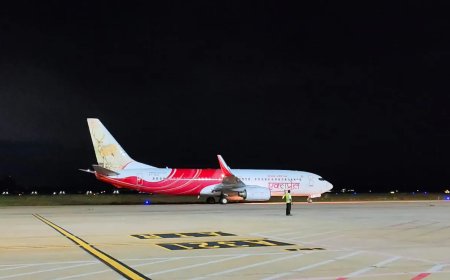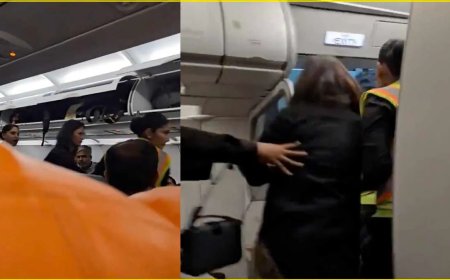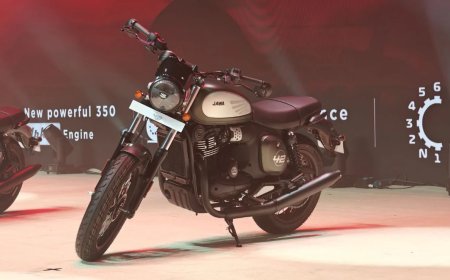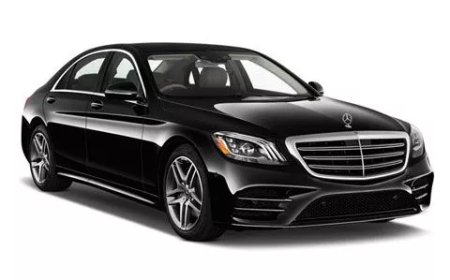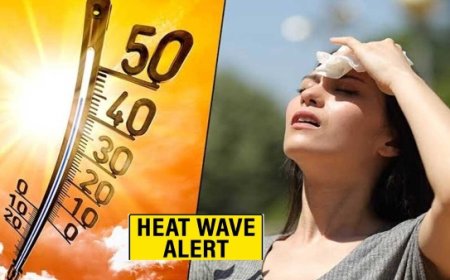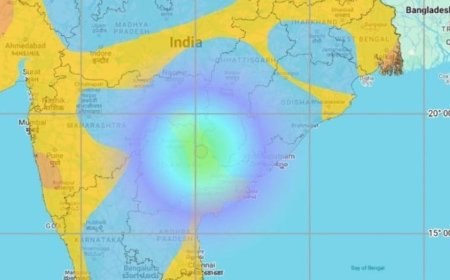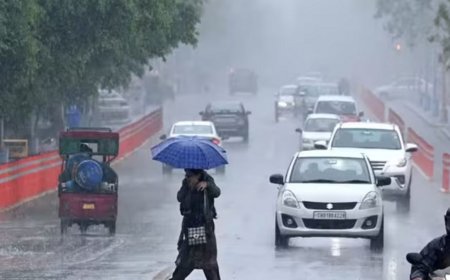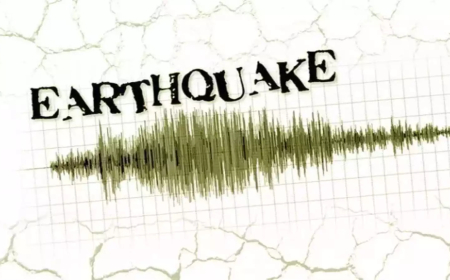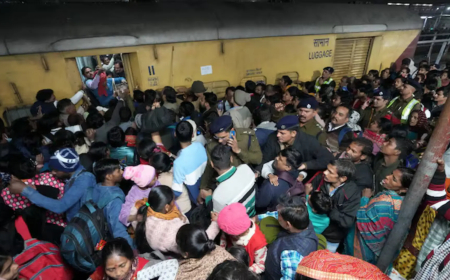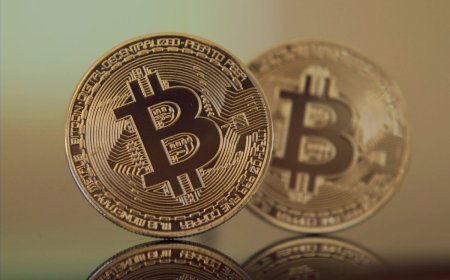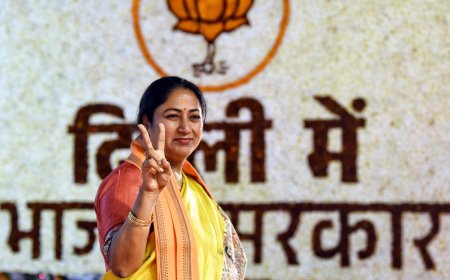Tamil Nadu CM Stalin Criticizes Blocking of Vikatan Website, Accuses BJP Government of Authoritarianism
Tamil Nadu Chief Minister Stalin criticized the blocking of the Vikatan website, calling it an example of authoritarianism by the BJP government. Discover all the details in this comprehensive article. Tamil Nadu CM Stalin condemns the blocking of the Vikatan website, accusing the BJP government of authoritarianism. Read more about the controversy here.
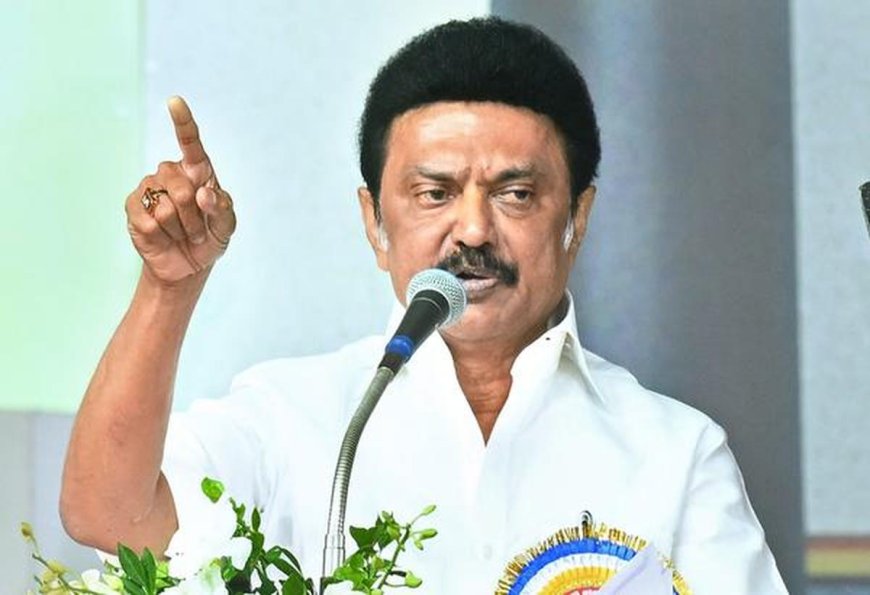
What's Your Reaction?







